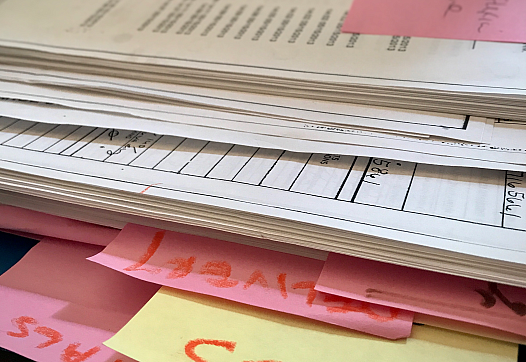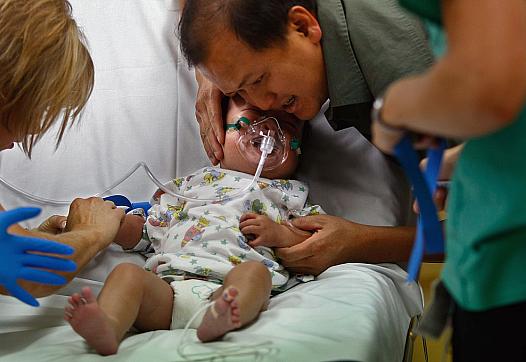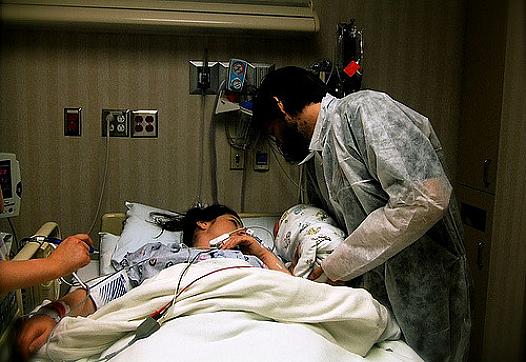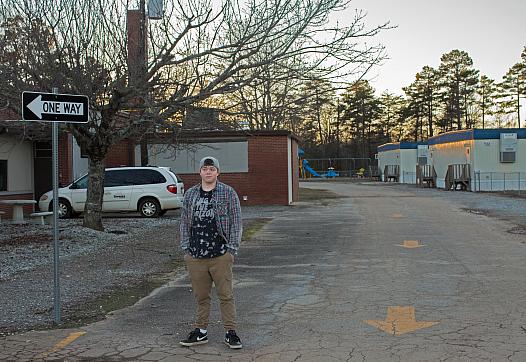![[Photo by USDA via Flickr.]](/sites/default/files/styles/teaser_list_thumbnail_large/public/title_images/unnamed%20%281%29_9.jpg?itok=7TyHLTzE)
In Indian Country, generational poverty, poor schools and a lack of health care all contribute to chronically high rates of stress during childhood.
![[Photo by USDA via Flickr.]](/sites/default/files/styles/teaser_list_thumbnail_large/public/title_images/unnamed%20%281%29_9.jpg?itok=7TyHLTzE)
In Indian Country, generational poverty, poor schools and a lack of health care all contribute to chronically high rates of stress during childhood.

One writer shares her story of how the health care system missed repeated warning signs of preeclampsia while giving birth to her daughter. She later found her medical record was rife with mistakes and omissions.
![[Photo by Ingere via Flickr.]](/sites/default/files/styles/teaser_list_thumbnail_large/public/title_images/unnamed_93.jpg?itok=TUGbZB-_)
As Portland, Oregon is hit with some of the fastest rising rents in the country due to housing scarcity, children are paying a price in little-noticed ways.

More than a third of children with special needs rely entirely on Medicaid and the Children’s Health Insurance Program for their care. Cuts to Medicaid funding could prove disastrous for such families.

California has been particuarly aggressive in its data-driven effort to curb high C-section rates at hospitals throughout the state. The results from early pilot projects have been promising.
![[Photo by Ishai Parasol via Flickr.]](/sites/default/files/styles/teaser_list_thumbnail_large/public/title_images/unnamed_87.jpg?itok=QnliuG9b)
Boston-based nonprofit EMPath combines personal mentoring with brain science to equip low-income families with tools to deal with the economic and social stress that comes with poverty.
![[Photo: Andrew Caballero-Reynolds/Getty Images]](/sites/default/files/styles/teaser_list_thumbnail_large/public/title_images/GettyImages-687755610.jpg?itok=g4zNehrQ)
The budget's proposed changes to the Children's Health Insurance Program are dramatic and provoked a waive of despair from children's health advocates this week.

Last week, the House narrowly passed the American Health Care Act. We've asked journalists, nonprofit leaders, and health care practitioners to share what they’re hearing from people in their cities and states.

In Georgia, thousands of students are taken out of their schools and sent to centers where they are supposed to receive an education and therapeutic treatment for behaviors linked to their disabilities.